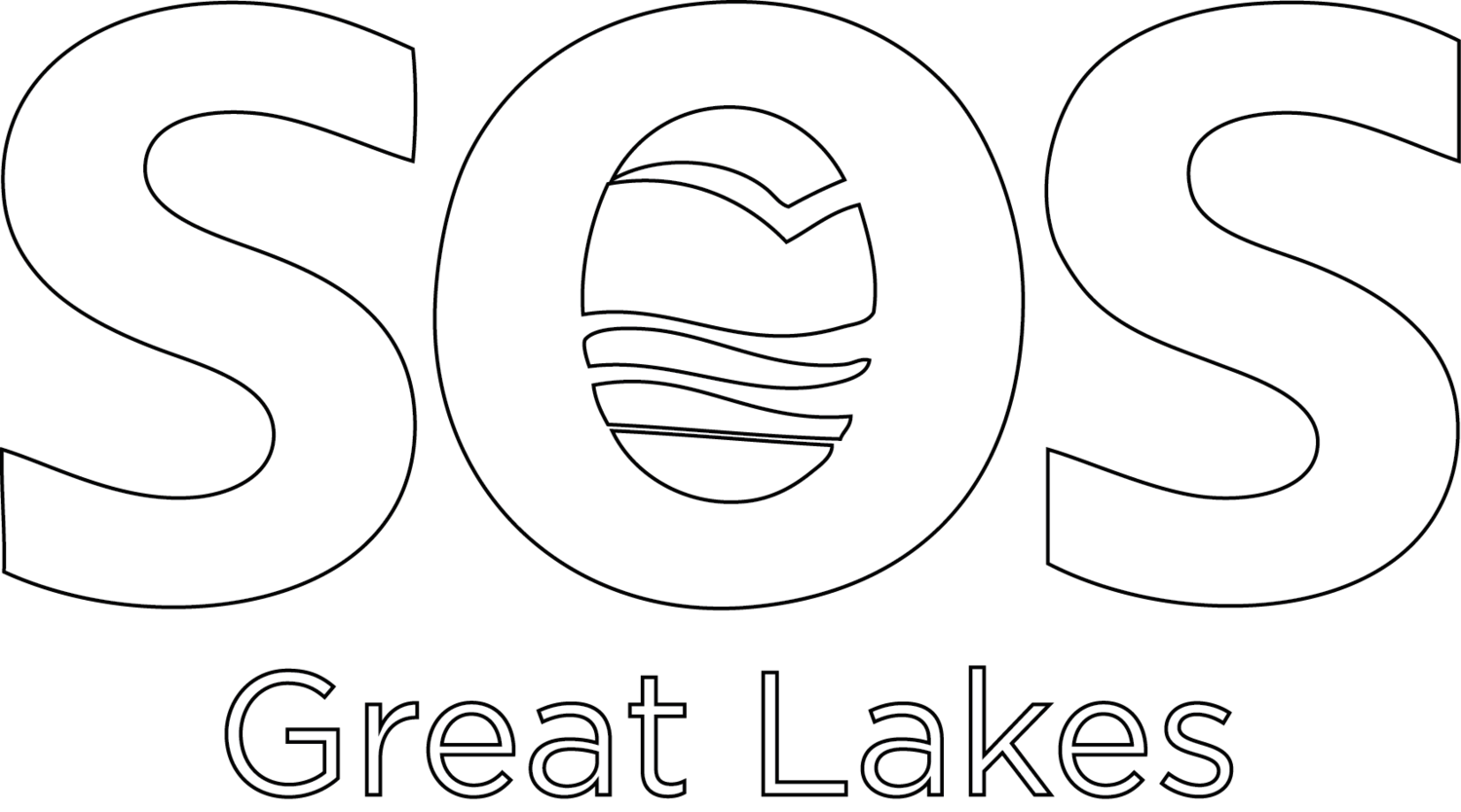The Joint Review Panel (JRP) for the Kincardine DGR was a quasi-judicial tribunal. In Canada, all such tribunals are required by law to be fair, transparent and free from any hint or apprehension of partiality.
The appointment of this JRP and its Terms of Reference (TOR) were the joint responsibility of the Harper Government Minister of Environment and the Canadian Nuclear Safety Commission (CNSC). The CEO of CNSC at the time, Michael Binder, was appointed to replace predecessor Linda Keen who was fired after taking a strong stand against part of the Industry on the basis of safety.
The cross-pollination and mobility of personnel between the Canadian Nuclear Industry and its Regulators cried out for scrupulous care and extraordinary effort by the JRP and its creators to ensure public confidence in the process. This was especially so in light of the previous service of panel members to the industry, including the Chair’s prior engagement by a consulting firm retained by Ontario Power Generation (OPG). On numerous occasions during the JRP hearing, the impartiality of the panel and the appointed regulator, the CNSC, was put to the test.
The following three examples suggest they failed miserably.
(1) To ensure success at the JRP, OPG bought the support of the area’s Mayors through a “Cash for Support” deal, which provided previously unheard amounts of cash to these small municipalities. OPG enforced this deal and groomed the Mayors for their JRP testimony in a series of unlawfully secret meetings of Bruce County Council. At one such meeting in 2009, Binder was present and expressed his bias in favour of OPG. His remarks, as recorded by an OPG note-taker, were said to be ‘the next time I’ll see you will be at the ribbon-cutting ceremony’.
This 2009 Binder remark was raised at the JRP Hearing in 2013, as a perfectly appropriate legal issue of possible apprehension of bias in the mind of an independent reasonable third party (the appropriate legal test). The Panel Chair’s reaction was anything but judicially impartial. Rather, it was arrogantly and angrily dismissive.
A truly impartial Panel would, at a minimum, have demanded an explanation from CNSC.
(2) Two of the most critical regulatory requirements for a nuclear waste Deep Geological Repository (DGR) are: (a) evidence-based science establishing the suitability of the geology and proposed methodology by way of a pre-test in an Underground Research Laboratory (URL), and (b) a willing host. Neither requirement is easy, and the “willing host” can be elusive, but without the evidence-based science, the willingness of the host should be irrelevant.
Here, astonishingly, the Harper Environment Minister, Binder, and the JRP allowed OPG to proceed without the International Best Practice URL, and therefore without the requisite evidence-based science.
Why? Cheaper? Faster? Did not want to lose the Kincardine offer? The reasons do not matter. An impartial and responsible JRP would have sent the matter back to the Federal Government for new terms of reference requiring the URL.
(3) Another example of contrivance between the OPG, the Mayors of the surrounding municipalities and others was demonstrated at the Hearings, when a citizen tendered oral evidence of the fact that Kincardine had commissioned a Study and Report by the Ivey School of Business (paid for by OPG) on the economic effect of the DGR being added to the existing Nuclear Industry installations in Kincardine. The Report forecasted a negative stigma effect of about $700,000,000.00 on the Kincardine economy over the next 30 years. The Report never made it to Kincardine Council, let alone to the people of Kincardine or the affected Canadian or American Public. The JRP Report includes many pages documenting OPG’s proffered evidence of ‘Community Acceptance’ of the DGR, but not a word about the Ivey Business School Report, and of course, not a word about how different the public’s view may have been had the Ivey report been made public.
A truly impartial Panel would never have replicated OPG’s and Kincardine’s withholding of the Ivey Business School’s DGR stigma report.

